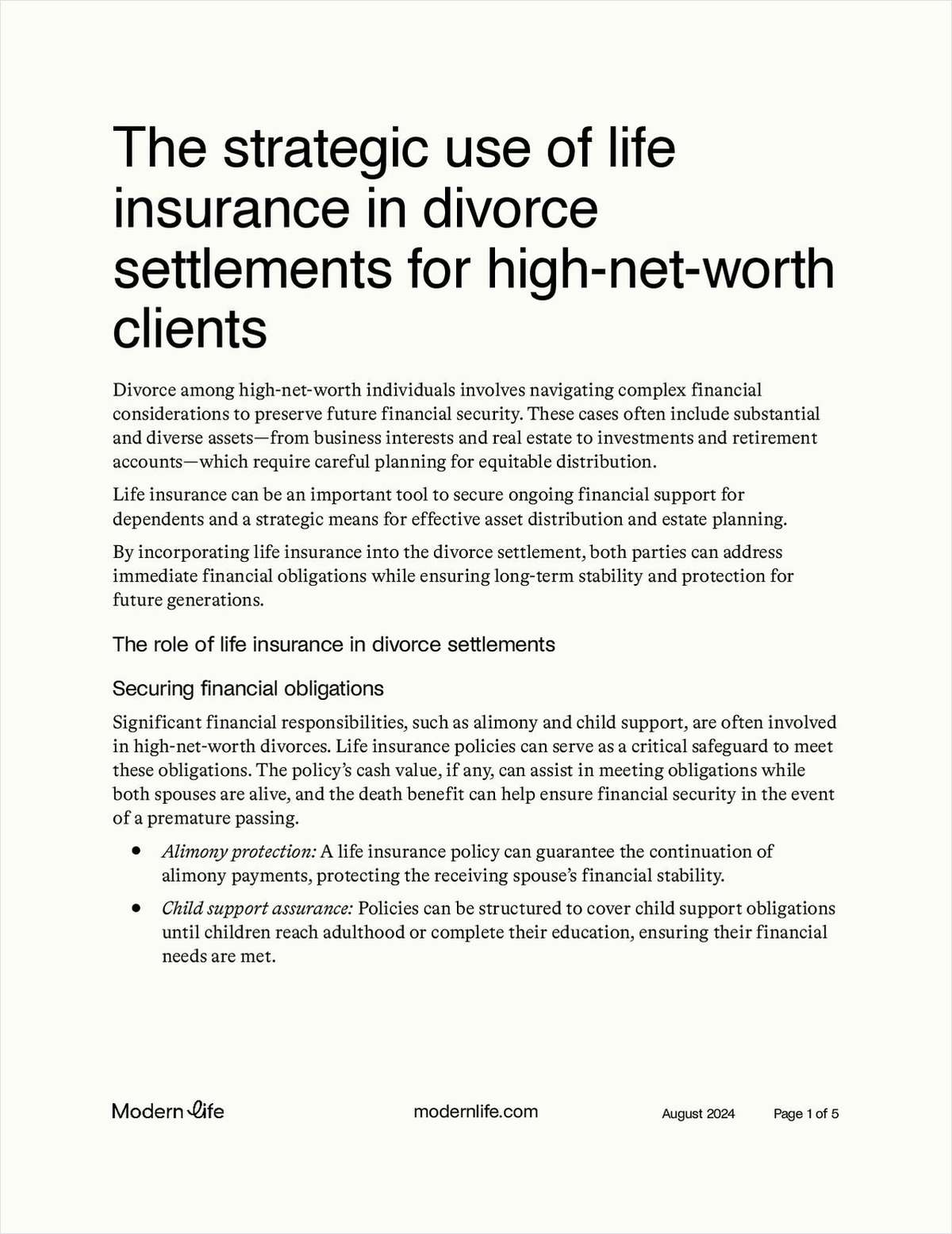The fall in global oil prices has been a boon in numerous ways to those emerging market countries that import energy, and the re-pricing, should it continue into 2015, will provide an added boost to infrastructure development in these economies, thereby making for attractive investment opportunities in the new year.
"More affordable oil and liquified natural gas (LNG) bodes well for airport and toll road operators, among others, and transportation infrastructure in general," said Aaron Visse, portfolio manager of the Forward Global Infrastructure Fund. "We don't know, of course, how long oil prices are going to remain low but in the meantime, with energy import costs so low, the ability for countries to fund present and future infrastructure projects looks good, so definitely, emerging market infrastructure is a good place to be going into 2015."
The Philippines, for example, is a country for which energy has always been a huge expense, and it's also a nation with ambitious infrastructure plans, particularly in the power sector, Visse said. "They have a good chance now of being able to go ahead with many projects and it's the same for other countries like China, Indonesia and India, all of which also have huge infrastructure needs that can benefit from the oil price decline."
For energy exporters such as Brazil, a country that also has huge infrastructure needs, the fall in oil prices has been bad news (Brazil spends far less on infrastructure than many other emerging market countries), and makes investing in infrastructure there even less attractive. However, infrastructure development is a long-term investment proposition, said Daniel Broby, founder and CEO of emerging markets hedge funds Gemfonds, and the ebbs and flows of capital into emerging markets notwithstanding, it is an important facet of the economic growth of these countries and one that can offer the careful investor ample opportunities.
To that end, Gemfonds recently partnered with Nigeria's Infrastructure Bank and Spanish firm Sigrun Partners to bring forth a $500 million, Nigeria-focused infrastructure fund.



